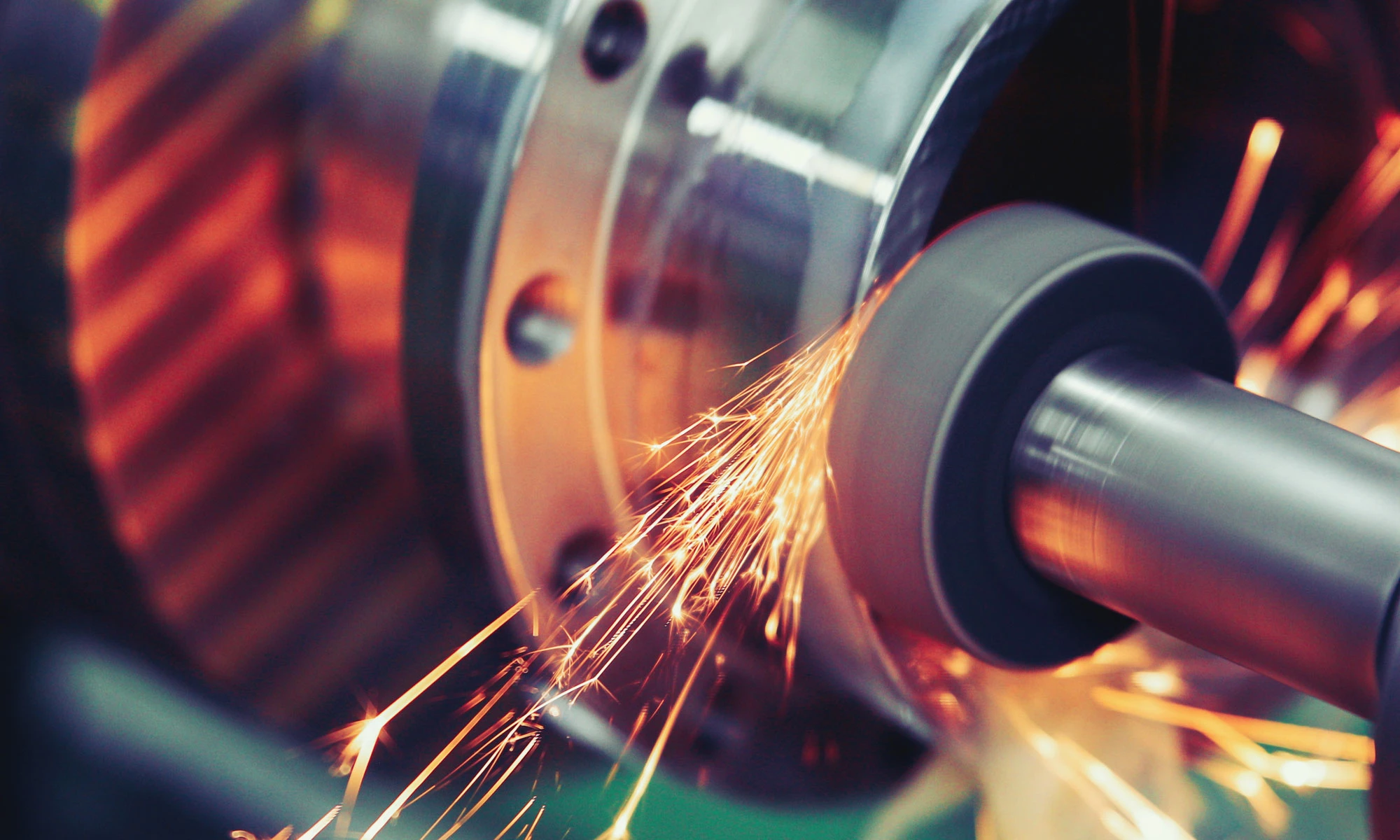

Sustainability is often promoted as a comprehensive concept that encompasses a company's entire value chain. When sustainability is viewed as a whole, this inevitably also draws attention to the production sites where the products are manufactured.
Read more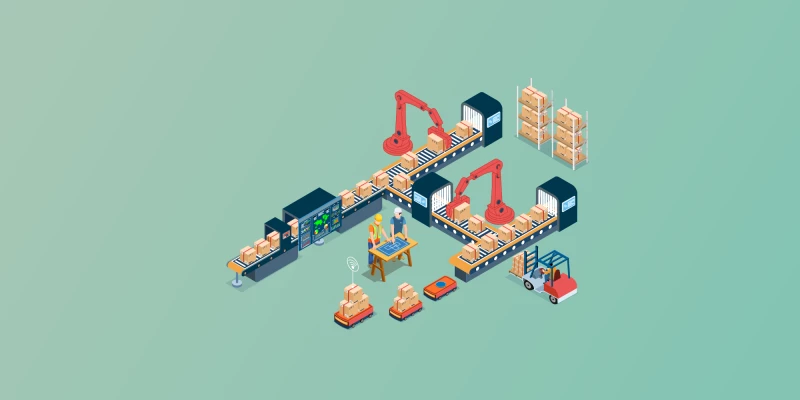
The topic of sustainability has been gaining importance in all industry sectors due to increasing regulatory requirements and growing external pressure from stakeholders. Manufacturing companies tend to focus on optimizing their energy consumption and increasing resource efficiency, thus tackling sustainability on the process level. However, only few delve deeper into ensuring their manufactured product is sustainable from its conception. In fact, an estimated 80% of a product’s environmental impacts arise from design decisions.
Read moreGiven that the lifespan of products for end consumers is significantly shorter than that of production facilities and factory buildings, manufacturing companies face the question of what happens to the existing production infrastructure after discontinuation of a product.
Read moreFind out how energy management systems can optimise production processes and reduce costs. How the integration of EnMS into factory planning can enable a more sustainable and profitable future. Immerse yourself in the world of energy-efficient manufacturing!
Read more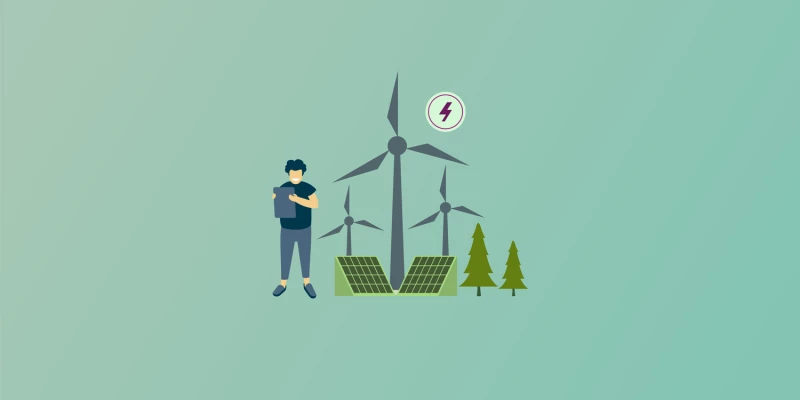
A shortage of skilled workers, shorter life cycles, a higher product mix and an increasing degree of personalization are currently presenting manufacturing companies with ever greater challenges. The skill is no longer just to produce a product in large quantities at low costs in a short time, but also to adapt to market fluctuations and new developments as quickly as possible. In order for companies to be successful with these challenges, they need a highly automated and at the same time flexible production.
Read moreIn a current project of our long-term customer, Torqeedo, the challenge of the project was the variety of possible planning scenarios. The number of scenarios was limited by some restrictions as well as fixed points, but the assignment in this project was nevertheless clearly based on the comparison of possible scenarios.
Read moreBased on our long-standing business relationship with Torqeedo, we received another consulting mandate in January 2021 to oversee the planning of the new company site in Gilching. The core of the project was the consolidation of the manufacturing units of the three existing locations at one new site. By using existing synergies, the cost structure is to be made more efficient in the future.
Read moreDue to the worldwide efforts to reduce CO2 emissions, the European Union has decided to introduce CO2 emission standards for passenger cars from 2020. The obvious way to reduce CO2 emissions from cars seems to be purchsing an electric car, which usually is referred to as BEV (Battery Electric Vehicle) or PHEV (Plug-in Hybrid Electric Vehicle).
Read more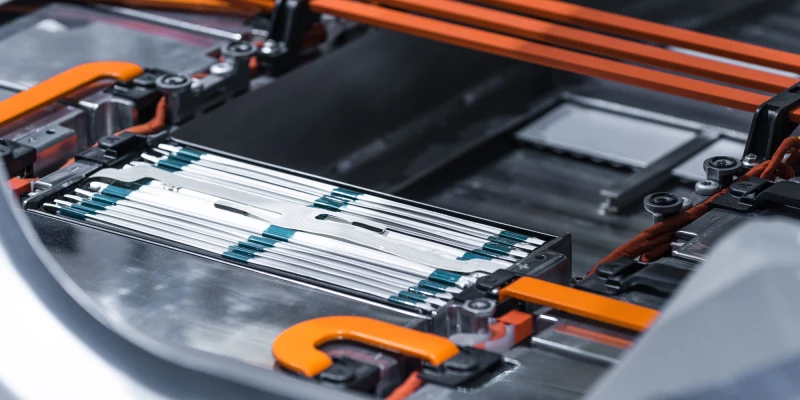
For light metal castings with demanding geometries such as cylinder heads, despite the major challenges posed by the upstream cleaning process, remanufacturing is a promising segment from both an economic and an ecological point of view with enormous growth potential.
Read moreIn order to reproduce or remanufacture complex components, technical component drawings with dimensions, tolerance and surface treatment data are required. This is often not the case if the manufacturer buys the components from third parties – the so-called “black box”.
Read moreAt the end of the assembly of a vehicle in an automotive plant, the vehicle undergoes both a leak test with water applied to the bodywork under high pressure and a washing system for final cleaning before being prepared for transport to the end customer.
Read more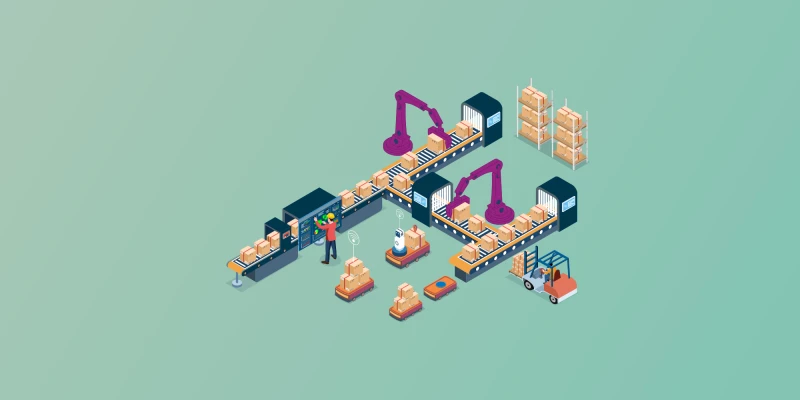
How can we support you and your company? Please contact us!

Martin Geist
Industrial Engineering
Phone: +49 89 383 46 89 0
Email: